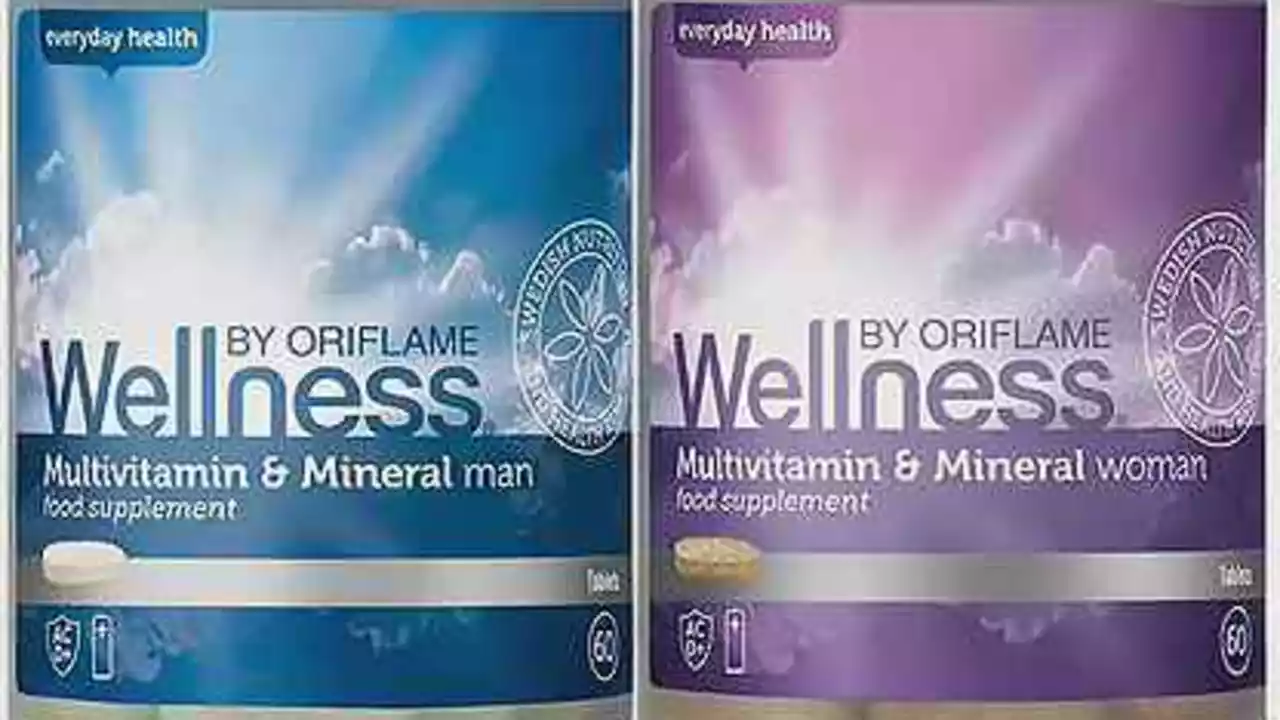Life transformation: small changes that actually stick
Want a real life transformation? It doesn't require a dramatic overhaul. Small, consistent shifts in how you use medications, pick supplements, and manage daily habits often make the biggest difference. This guide gives clear, practical steps you can act on today—no fluff, just useful moves that protect your health and save you time and money.
Start with a quick health and meds audit
Take 15 minutes to list every medication and supplement you take. Write the name, dose, why you take it, and when you last discussed it with a clinician. This simple list helps you spot duplicates, possible interactions, and things you no longer need. Bring it to your next appointment or show it to a pharmacist for a fast, helpful review.
If cost is an issue, ask about generic options (they're often cheaper and just as effective), or whether there are safe alternatives. For example, some meds for anxiety, pain, or acne have newer or older substitutes that might fit your life better. Don’t switch on your own—ask a prescriber or pharmacist how a change would affect you.
Practical daily habits that support big changes
Pair medication choices with simple habits. Sleep, movement, hydration, and a basic food routine change how well drugs and supplements work. If you take a sleep aid or antidepressant, aim for a steady bedtime. For blood pressure meds, take them at the same time every day and keep a short log of readings so you can spot trends quickly.
Supplements can help, but pick ones with real evidence and clear labeling. Peppermint supplements may ease digestion; certain berry extracts can boost energy or skin health in some people. Look for transparent brands, batch testing, and clear ingredient lists. If you’re trying something new, use it for a fixed trial (6–8 weeks) and track changes.
Buying meds online? Use only reputable pharmacies. Check that the site requires a prescription for prescription-only drugs, shows contact info, and is licensed. Read independent reviews and avoid prices that seem too good to be true. Scams often mean unsafe or fake products.
Combine treatments when needed. For nerve pain, combining medication with physical therapy or targeted exercise often works better than drugs alone. For anxiety, short-term meds plus therapy or structured breathing practices give longer-lasting gains than pills by themselves.
Measure progress in small, clear ways. Instead of saying "feel better," track one specific outcome: number of pain-free days per week, hours slept, or anxiety scale from 1–10. Small wins keep you motivated and make conversations with clinicians more productive.
Finally, safety first: never stop or change prescription doses suddenly. Talk to your clinician about tapering plans and watch for side effects. Keep an up-to-date medication list in your phone and share it with caregivers or family members who need to know.
Life transformation is a series of smart, safe choices—better pharmacy picks, thoughtful use of meds and supplements, and daily habits that support health. Start with a short audit, ask the right questions, and make one change this week. That one change often leads to the next.

